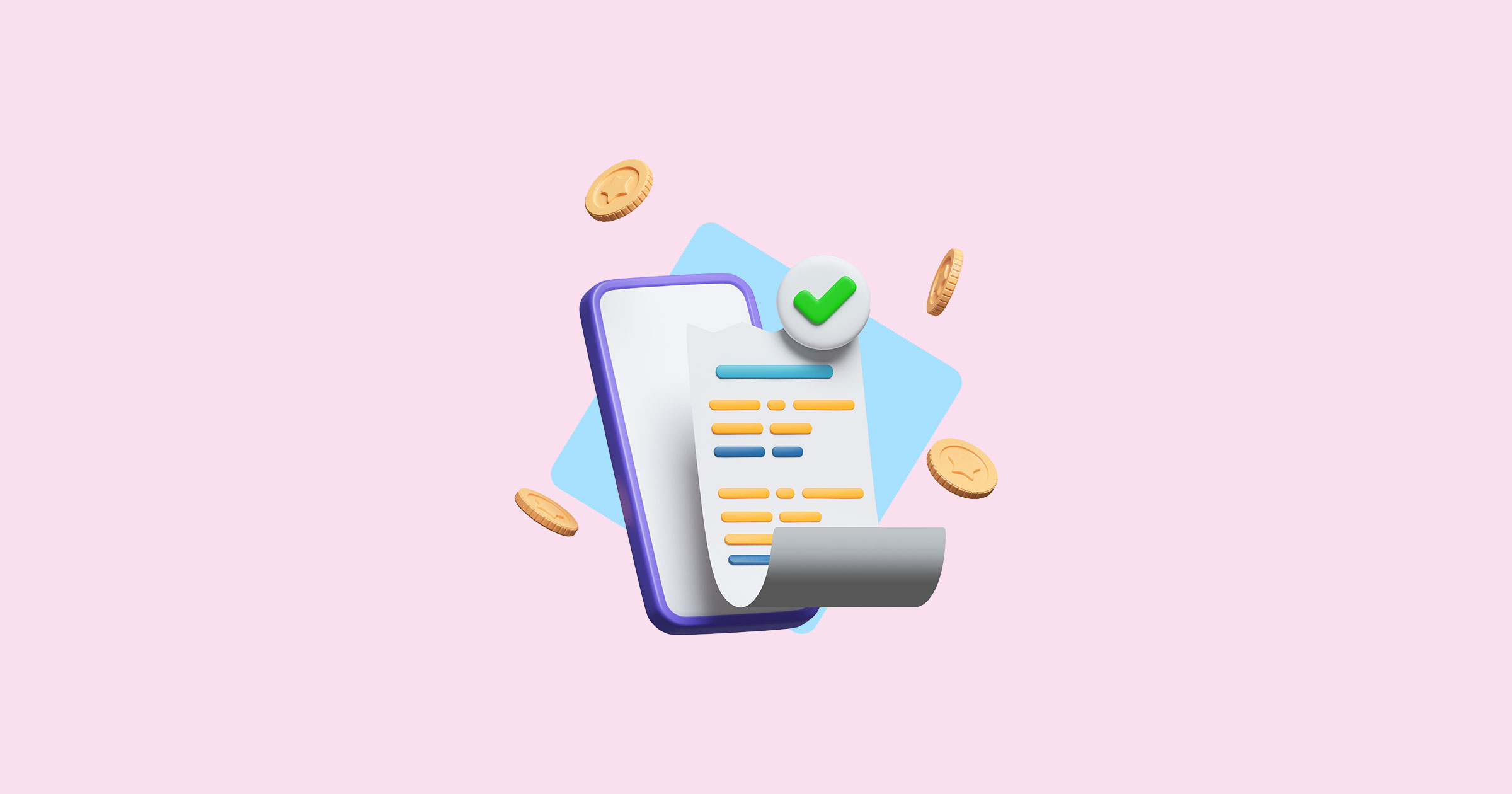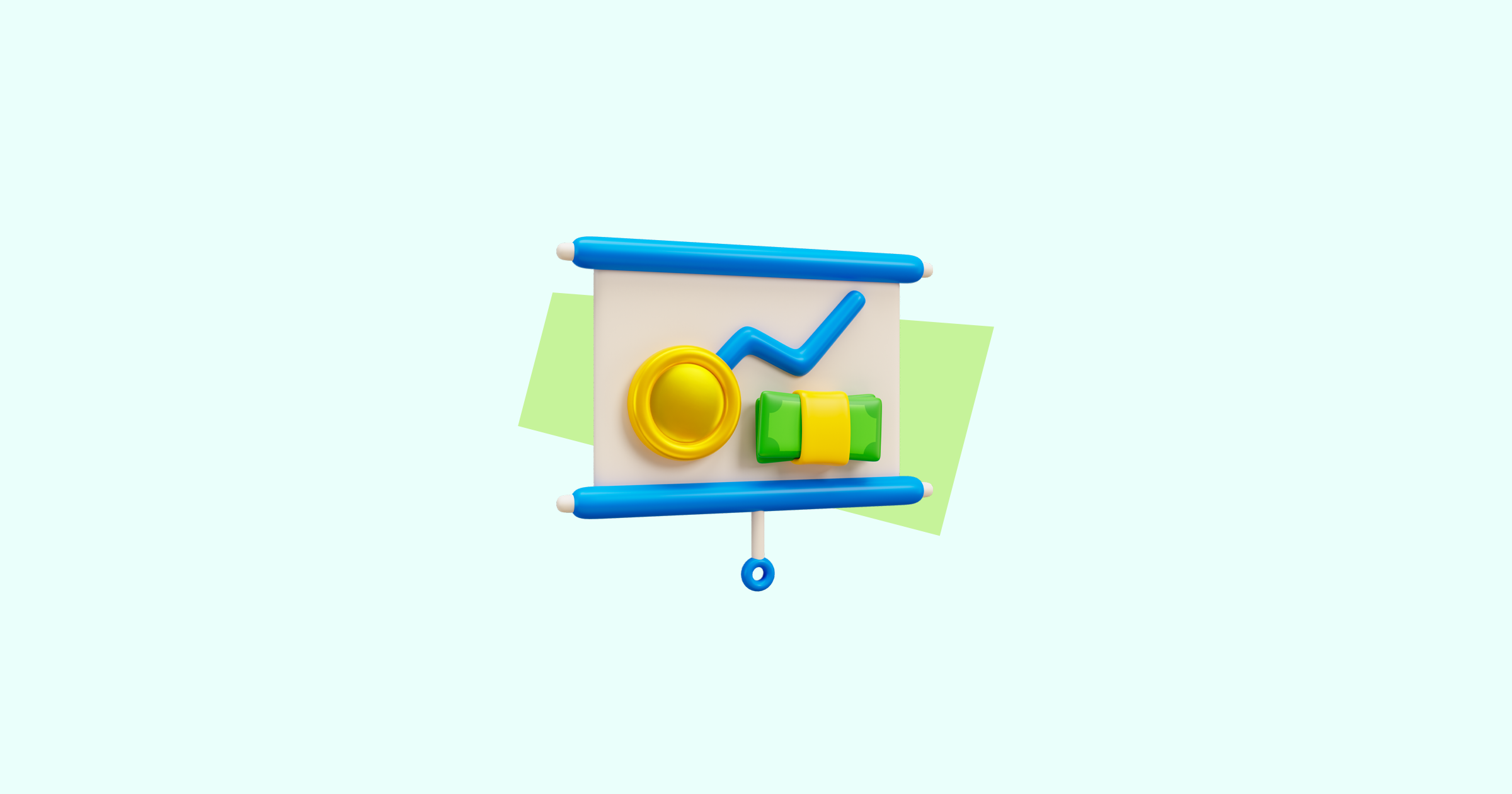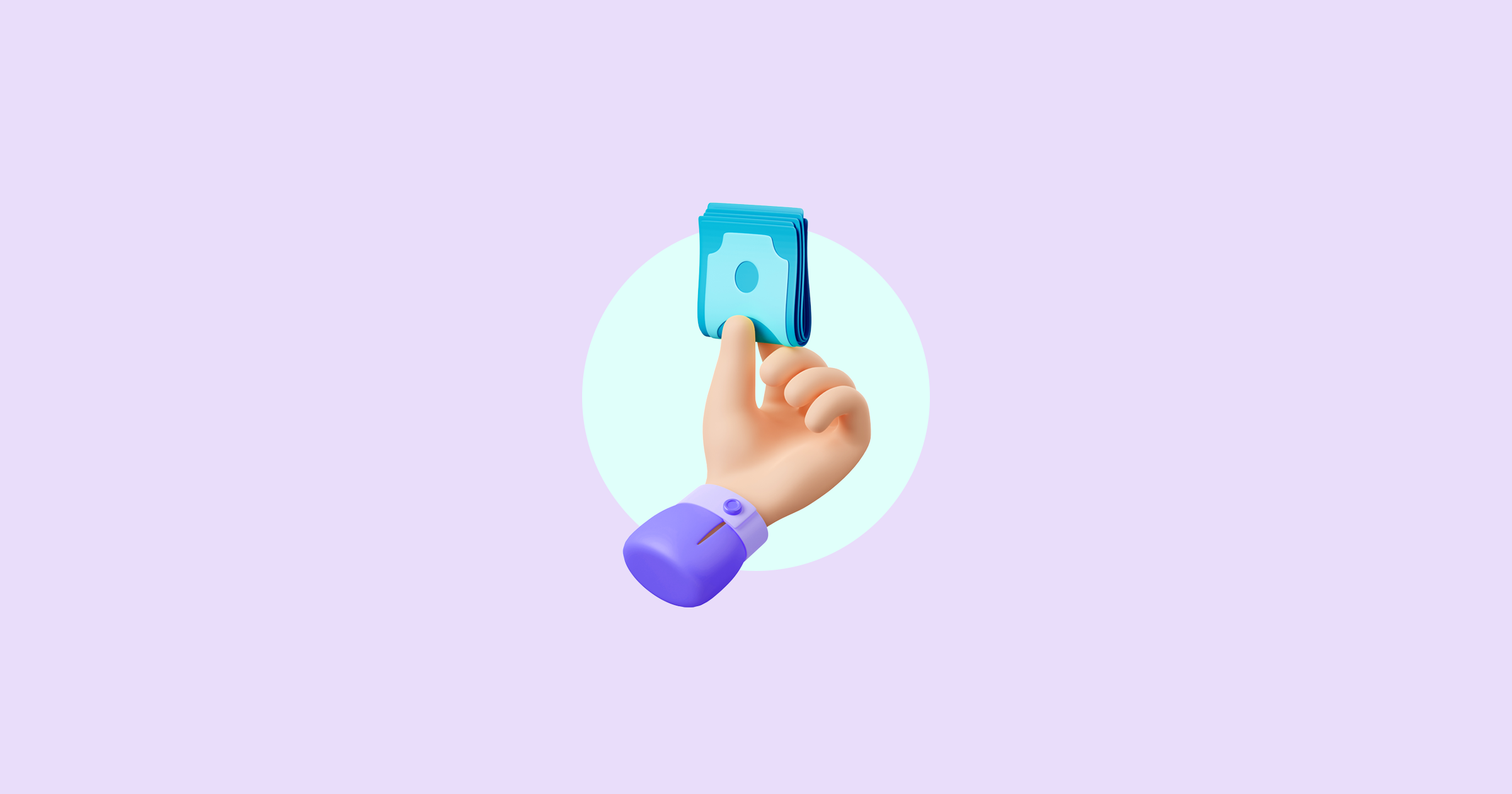The myth
When it comes to budgeting, bills for basic needs and obligations are often the top priority. People want to avoid the hassle and penalties that late payments might bring.
Saving money for a rainy day is just as important, but it is often overlooked. After all, paying for water and electricity now can seem more urgent than putting money aside for an event that hasn’t happened yet.
However, if you handle savings like a must-pay bill, it becomes a priority instead of an afterthought. You’re less likely to use up all your money for needs and wants. This is one strategy people apply to meet their savings goals.
The reality
“Pay yourself first” is a popular financial advice. It tells people to save or invest money first before spending on other things. It’s based on the idea that making savings mandatory will help with self-control.
There are even ways to automate your savings so you don’t have to remember to move money around on your own. Some banks allow you to automatically transfer money to a different account every payday, month, or quarter within a specific period.
By saving a specific amount on a set schedule, you are growing money in a steadier way compared to adding sporadic, irregular amounts.
Risks of believing this myth
There’s no downside to preparing for emergencies and saving for the future. However, everyone’s situation is different.
You might be in a place where you’re earning just enough to cover basic needs and repay any loans. It can be harder to put savings first under these circumstances.
Some types of debt come with very high interest, and so it’s wise to pay them off as soon as possible. This can save you from accumulating even more debt that’s harder to pay over time.
Remember that not all debt is created equal. It helps to identify good debt from bad debt to know how to prioritize and manage repayment.
Verdict: It depends
There are a lot of different strategies around saving money and building wealth. People have unique habits and goals, and so there isn’t one perfect method that works for everyone.
Forced savings might be a big help if you find it challenging to put money aside due to impulse control. It can also be convenient to automate your savings like you would do for your bills.
Automatic savings can save you the time and effort it takes to do things manually. However, debt repayment should come first in some cases.
It’s important to understand your financial situation so you can strike a balance between saving and paying off obligations.




